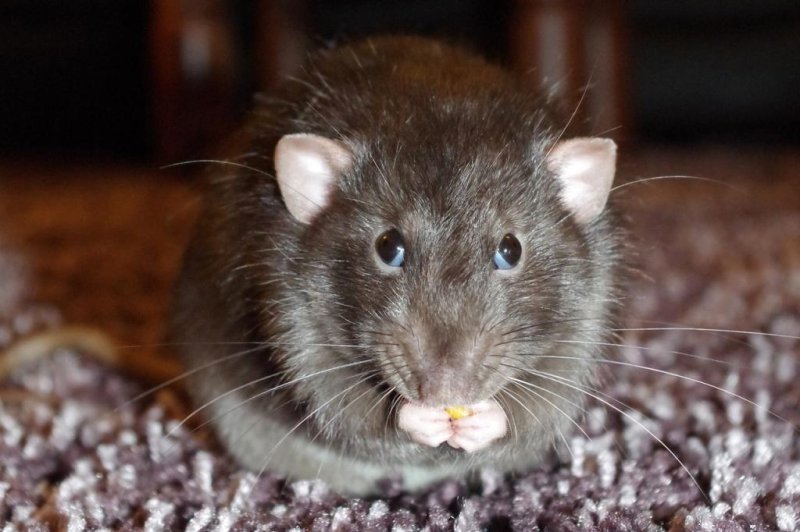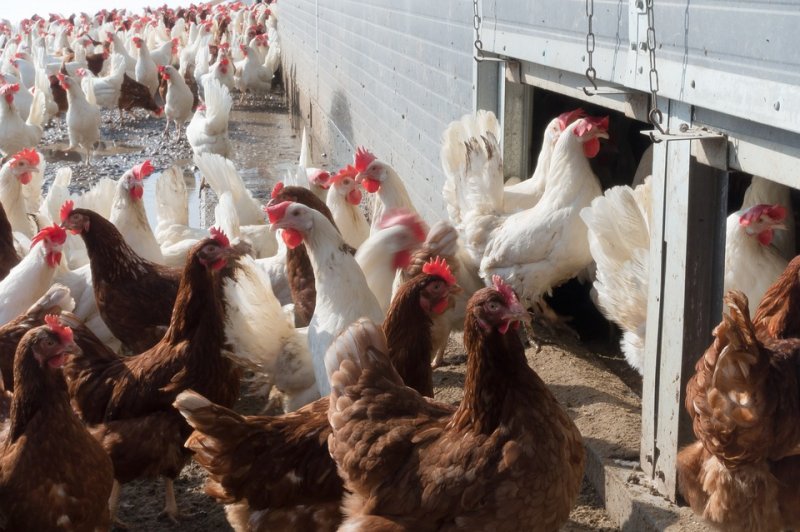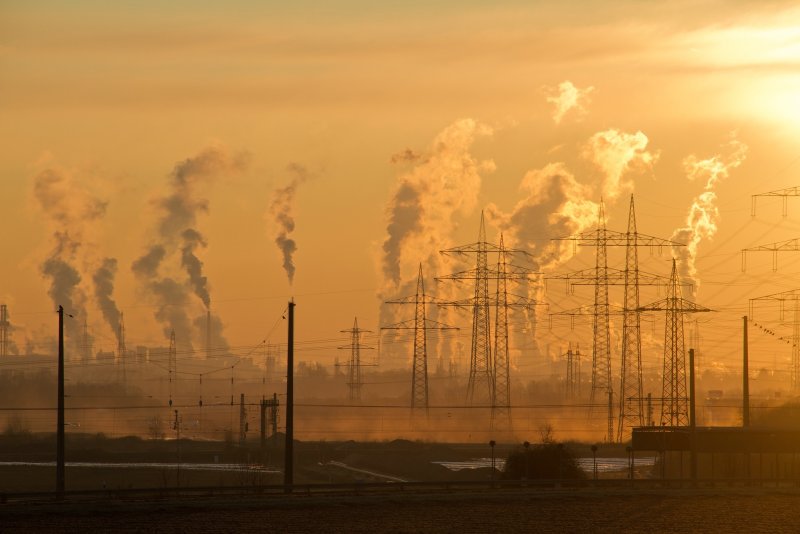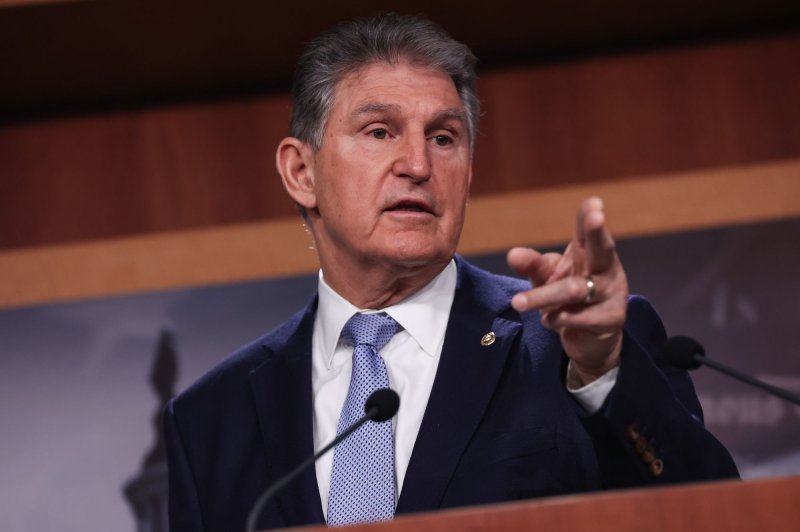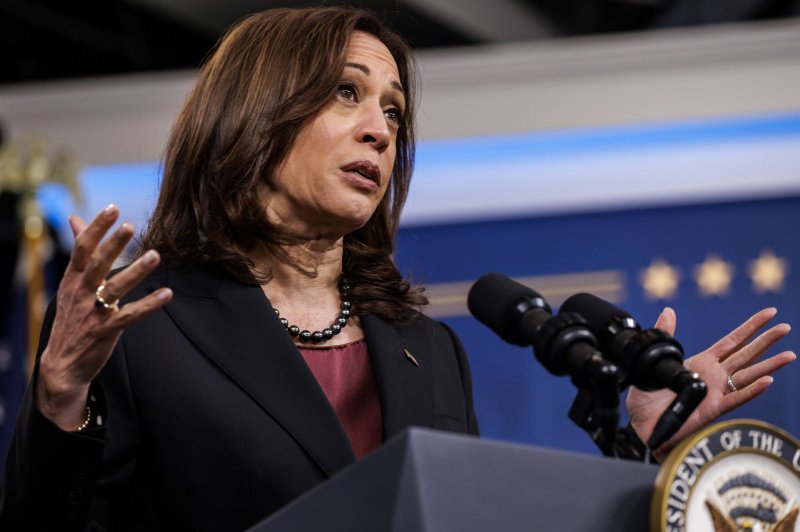Vladimir Putin's horrendous war in Ukraine has revealed just how united and decisive we can be in the face of a crisis.
Europe has once again flung open its doors to refugees fleeing destruction. Rousing gestures of humanity are seen every day.
And the global west has banded together in staggering solidarity to sanction Putin's regime, help Ukraine fight against criminal injustice, and protect the ideals of peace, democracy and freedom.
What seem like insurmountable barriers have been quickly and efficiently overcome.
And this is despite the enormous economic costs — energy bills are surging, public money is pouring into Ukraine, sanctions are biting here as well as Russia. But it's the right thing to do and we know it.
This is how humanity should work — banding together and gritting our teeth to achieve a common goal.
Let's do the same for the planet
So why can't we do the same when faced with crises that threaten the existence of everyone on the planet? Without hyperbole, climate change and the rapid loss of biodiversity pose existential threats for everyone on earth.
And yet we continue to drag our feet. The February Intergovernmental Panel on Climate Change report — which revealed how climate change is already affecting the lives of billions of people and dangerously disrupting nature — was largely ignored in wider public discourse. The latest IPCC reporton mitigating the crisis may face similar indifference.

DW's Alistair Walsh
Leaders have made promises to try and keep warming to 1.5 degrees Celsius, but we are still changing the climate too fast to adapt.
Meanwhile, a long-delayed effort to cobble together a global deal to stave off the sixth mass extinction is proceeding at a glacial pace with minimal political support.
If we approached these crises with the urgency that was shown in the face of the Ukraine invasion, and made the sacrifices that we were willing to take in the face of the coronavirus pandemic, we would have a fighting chance at stopping the destruction.
This takes political bravery and perseverance, but we have shown that we are capable of this.
An opportunity for change
The invasion of Ukraine has laid bare Europe's continued reliance on fossil fuels. Europe seems willing to sanction everything and everyone close to Putin — except his fossil fuels.
Instead, European money has funded Putin's crimes through its continued purchase of blood-stained gas. Its hesitance to react to one crisis has hampered its ability to respond to others.
As Europe promises to wean itself off Russian gas, there is a remarkable opportunity for renewed vigor in the fight against climate change.
Instead of switching to even-more-polluting gas shipped from across the Atlantic, this is a chance to reignite the energy transition.
We are starting to see some of the political will required to transition to 100% renewable energy. Germany has brought forward its renewable target to 2035, which is a promising sign. But parts of the bloc, particularly in central and eastern Europe are lagging behind and need help kicking their habit.
The European Commission is currently drafting a plan to cut Russian gas use by two-thirds this year and end it entirely by 2027. But why limit it to Russian gas? Why not expand it to all fossil fuels? It's drastic, it might inflict short-term economic pain, but this is the sort of vision that is needed to ensure we don't all end up as fossils on a dead planet.
And we must apply this thinking to all polluting sectors, all nature-destroying activities, and do everything in our power to save the planet.
The solutions are there, we just need to undertake them with the requisite sense of urgency. Keep fossil fuels in the ground, stop deforestation, protect and restore natural ecosystems, reform agriculture, tax emissions at their actual cost over the entire supply chain, switch to sustainable transport, fund green research, ban polluting activities and toxic chemicals, end nature-destroying subsidies, enforce climate-friendly building codes, install insulation — we know what needs to be done.
If we treat these crises with the urgency that we are capable of, then we can stop climate change and the destruction of nature before it's too late.
Edited by: Rob Mudge
